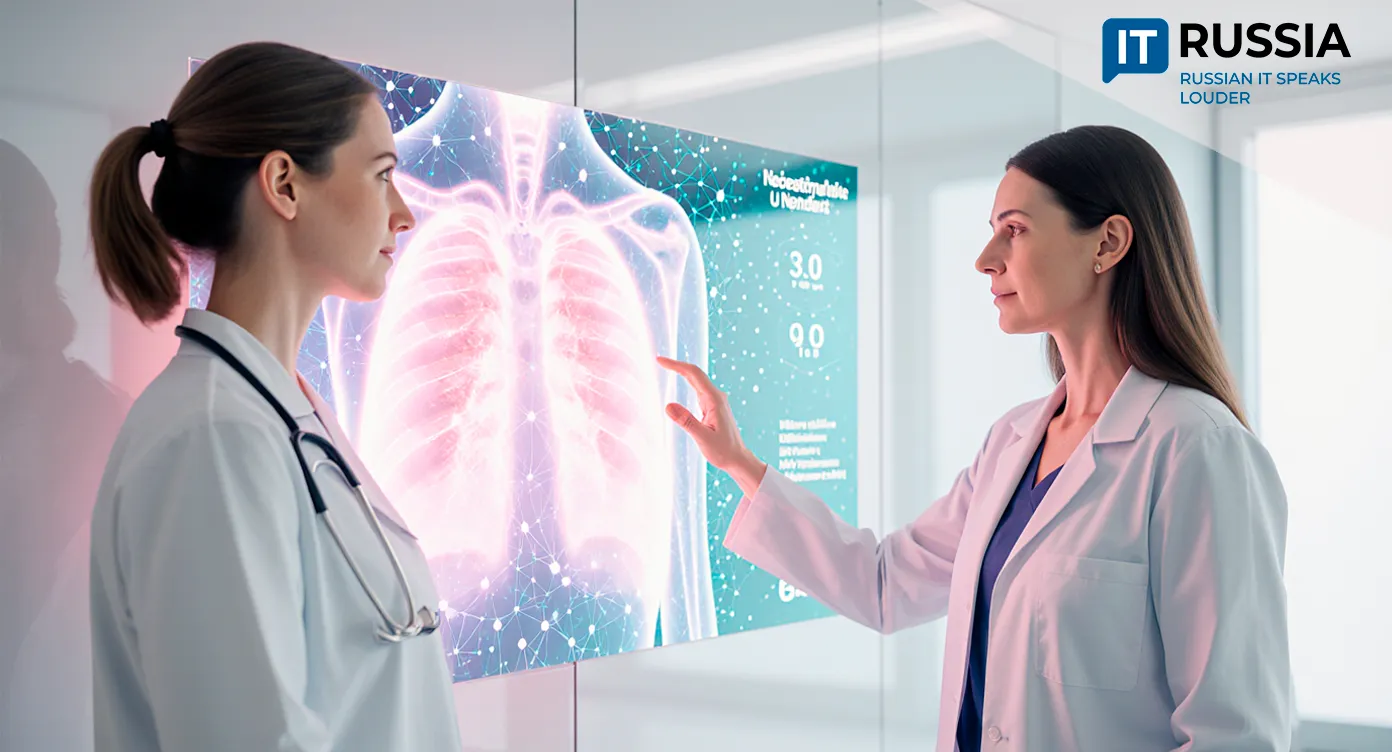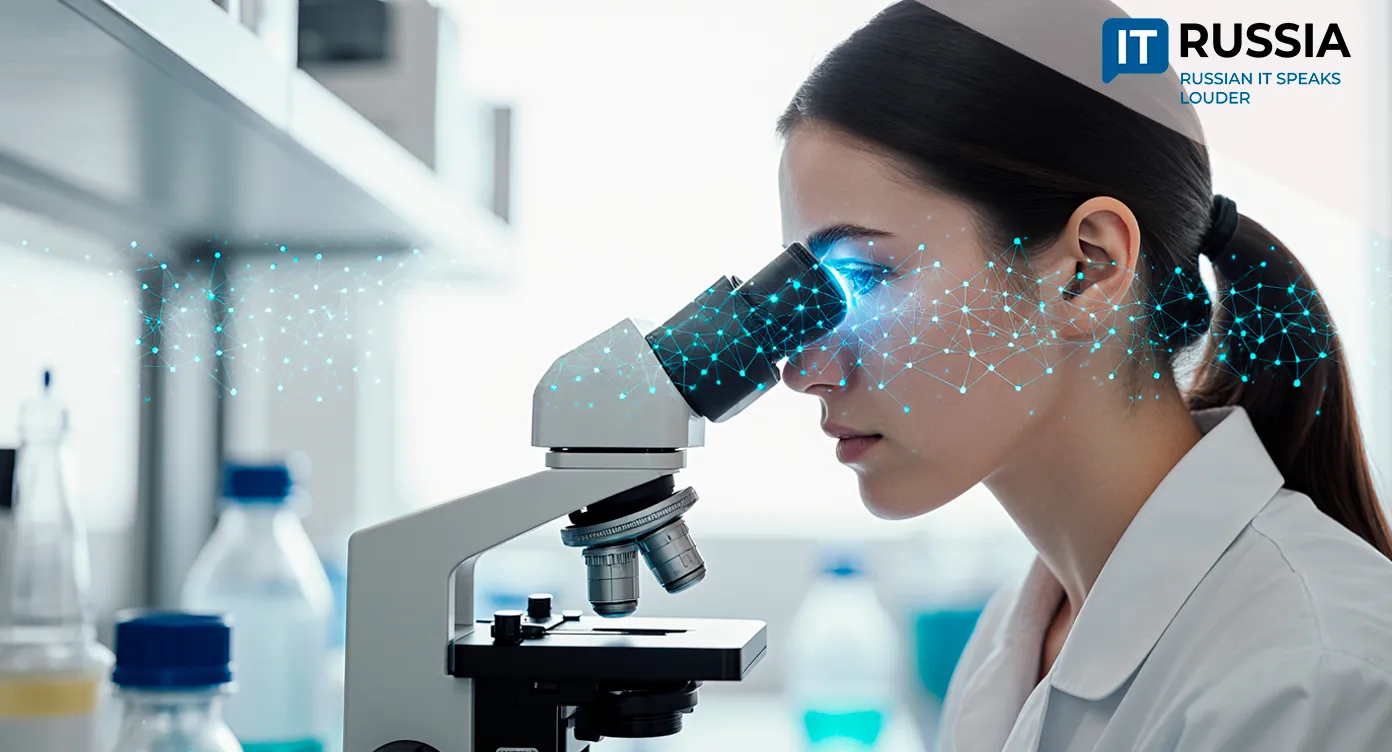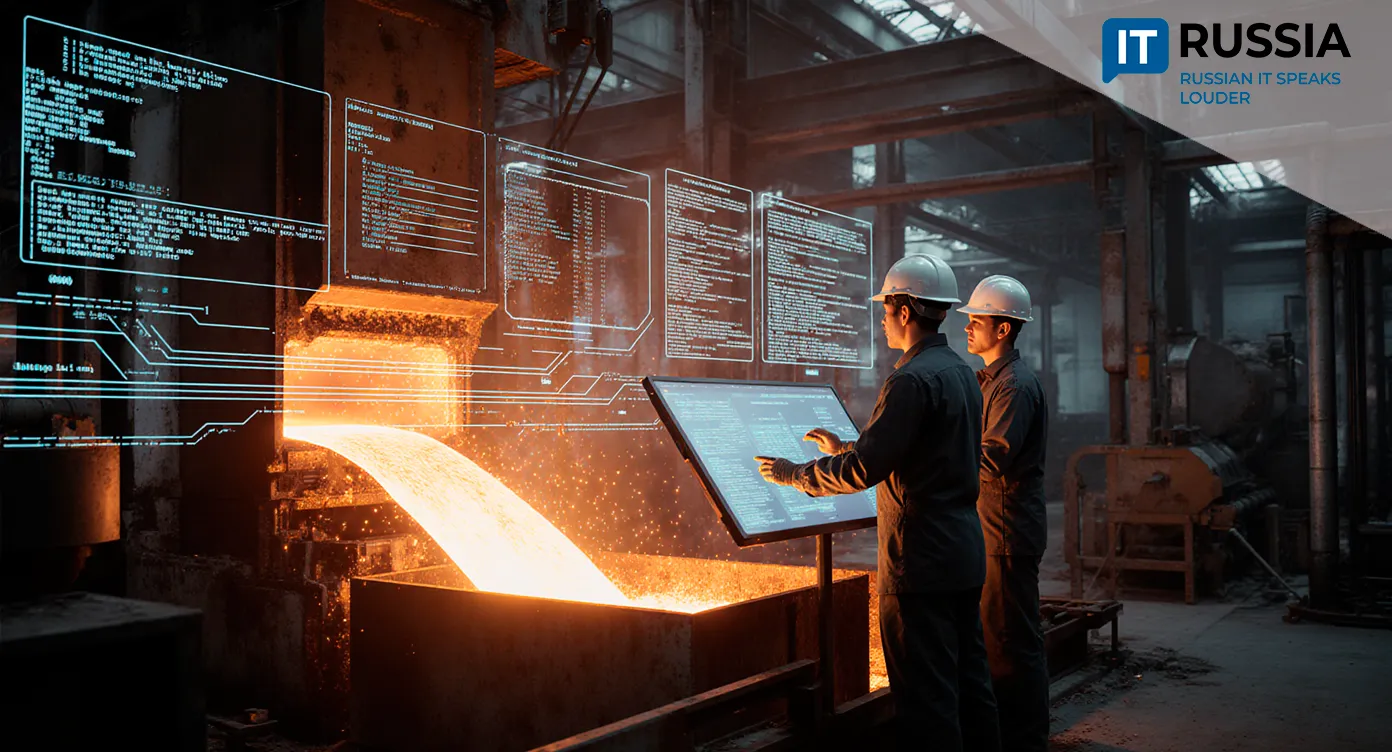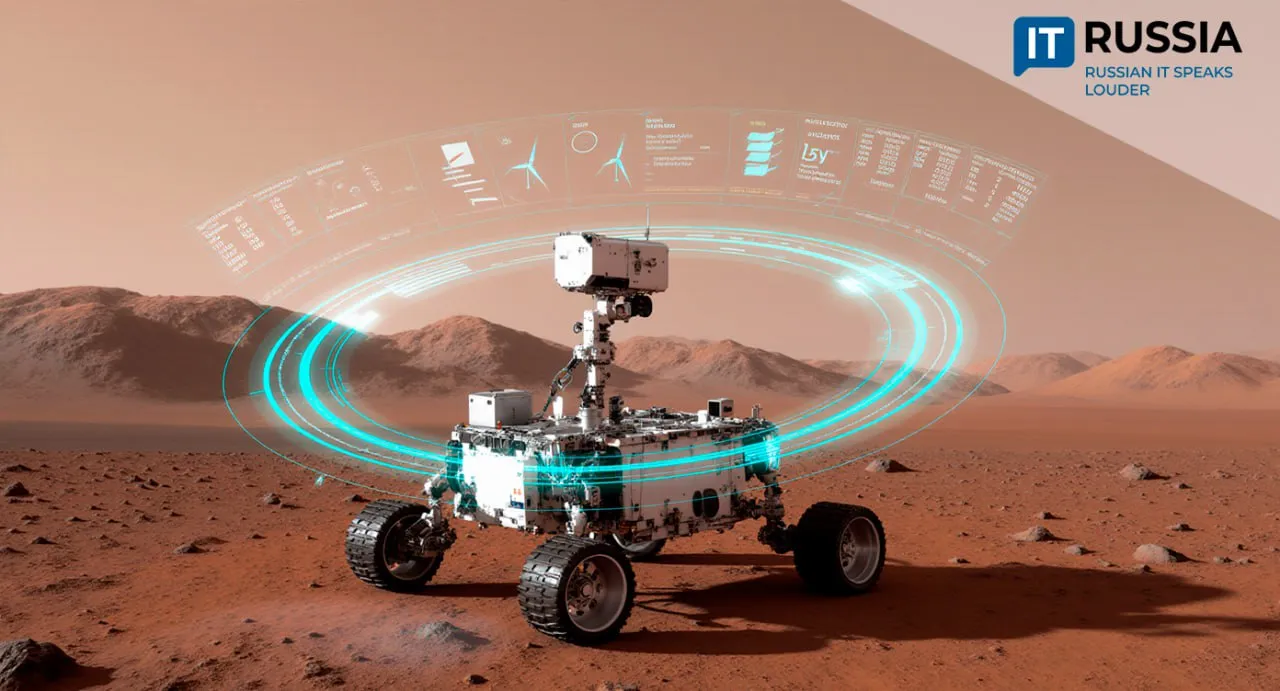Training Robots to Handle Nuclear Fuel: Rosatom Graduates Its First Robotics Engineers
Russian engineers have achieved a world first by learning to program and maintain robots that manufacture fuel for fast neutron reactors. State corporation Rosatom has graduated its first specialists in unmanned nuclear fuel production, marking a major step forward in automation within the atomic industry.
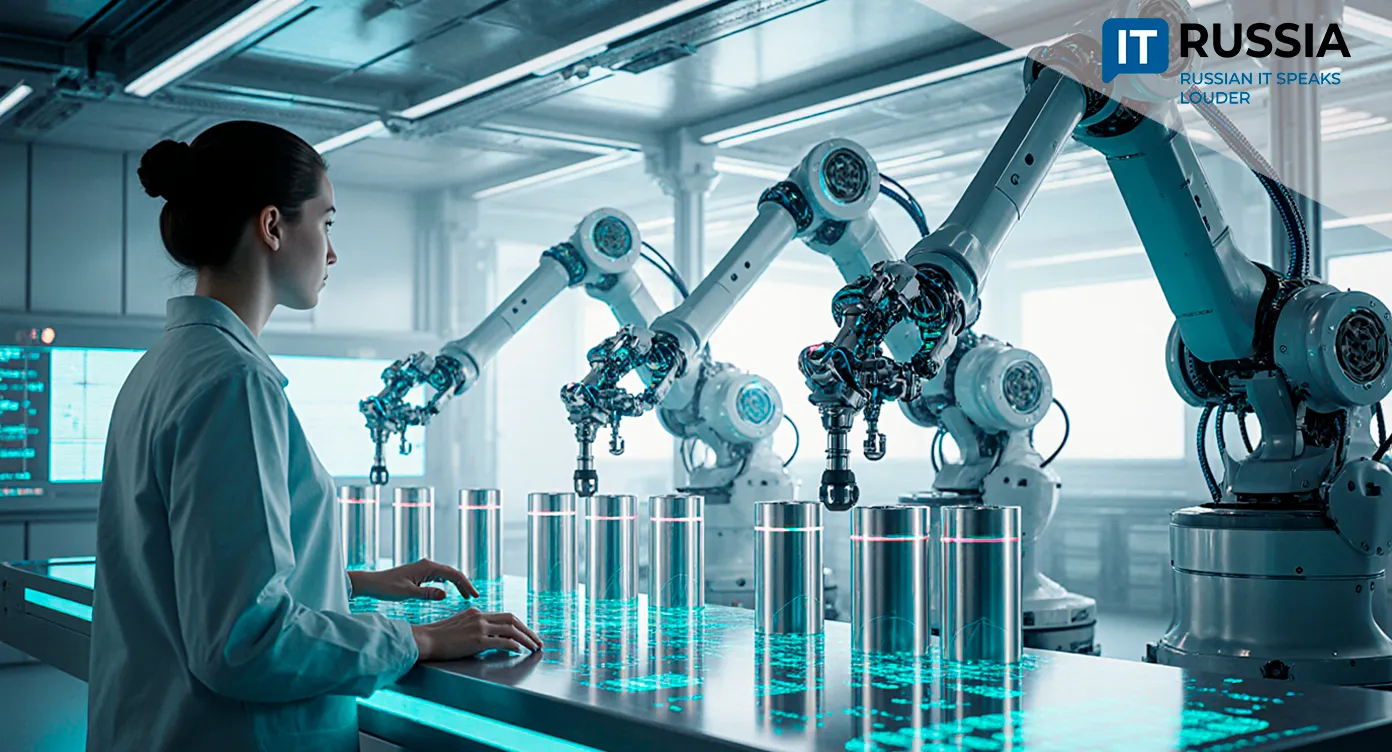
A Breakthrough in Workforce Development
With the completion of the pilot cycle of Rosatom’s continuing professional education program, the corporation, together with the Technical Academy of Rosatom and the Proryv (“Breakthrough”) project, has taken a key step toward building a new talent pool for fully automated, unmanned production of next-generation nuclear fuel.
Participants in the training mastered programming of robotic systems used in nuclear fuel fabrication and reprocessing, gaining practical skills on the unique experimental facilities of the Proryv training base.
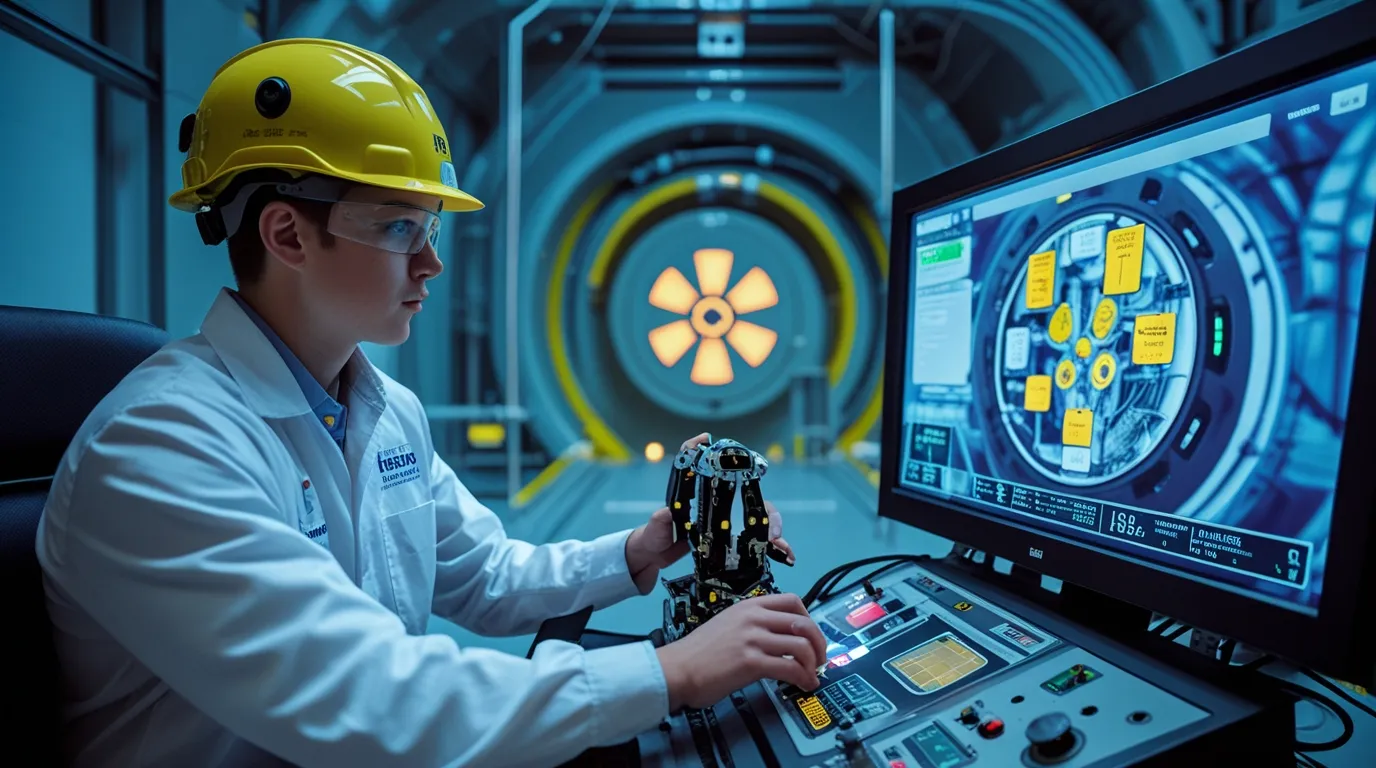
Why the Nuclear Industry Needs Robotics Engineers
Traditionally, nuclear fuel plants rely on operators, technologists, and engineers who manually control complex processes. However, the new generation of fast neutron reactors requires advanced technologies for handling uranium-plutonium fuel — a highly hazardous process that must be removed from direct human involvement.
To address this, the Proryv team developed the concept of fully robotic production lines for fuel fabrication and recycling, creating demand for a new generation of engineers capable of configuring, programming, and maintaining such systems.
Moreover, plant automation is a central component of the national program “New Nuclear and Energy Technologies,” which aims to accelerate technological independence and improve operational safety across the sector.
How the Training Was Conducted
Beginning in October, participants studied theory remotely before moving to hands-on practice at the Proryv facility in the Sirius Science and Technology University. The site houses one-of-a-kind equipment — robotic manipulators assembling fuel elements, automated pressing lines for fuel pellets, and process control systems, all developed and built in Russia. There are no direct analogues of this training complex elsewhere in the world.
The program included four specializations: mechanical engineering, robotics operation, electronics engineering, and robotics programming. Students not only observed, but actively programmed the robots, troubleshot issues, and executed the full production cycle — from pellet pressing to loading fuel rods (TVEL assemblies).
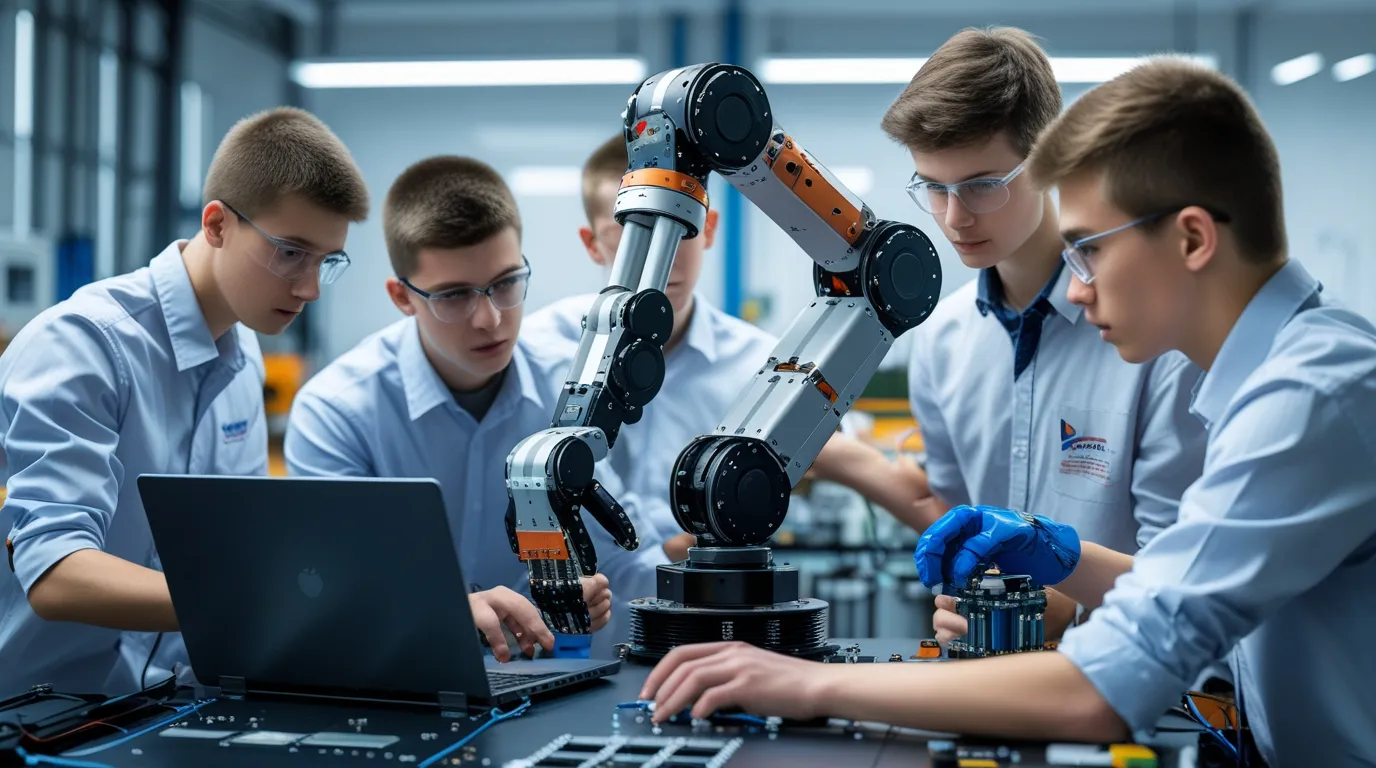
Unmanned Production Becomes a Reality
The main goal of the initiative is to prepare personnel for a large-scale transition to unmanned technologies in nuclear energy. Automation reduces occupational risks, minimizes human error, and enhances precision in fuel production.
Modern nuclear engineers must now combine knowledge of nuclear physics with digital and engineering skills — a combination that lays the foundation for Russia’s technological leadership in the nuclear field.
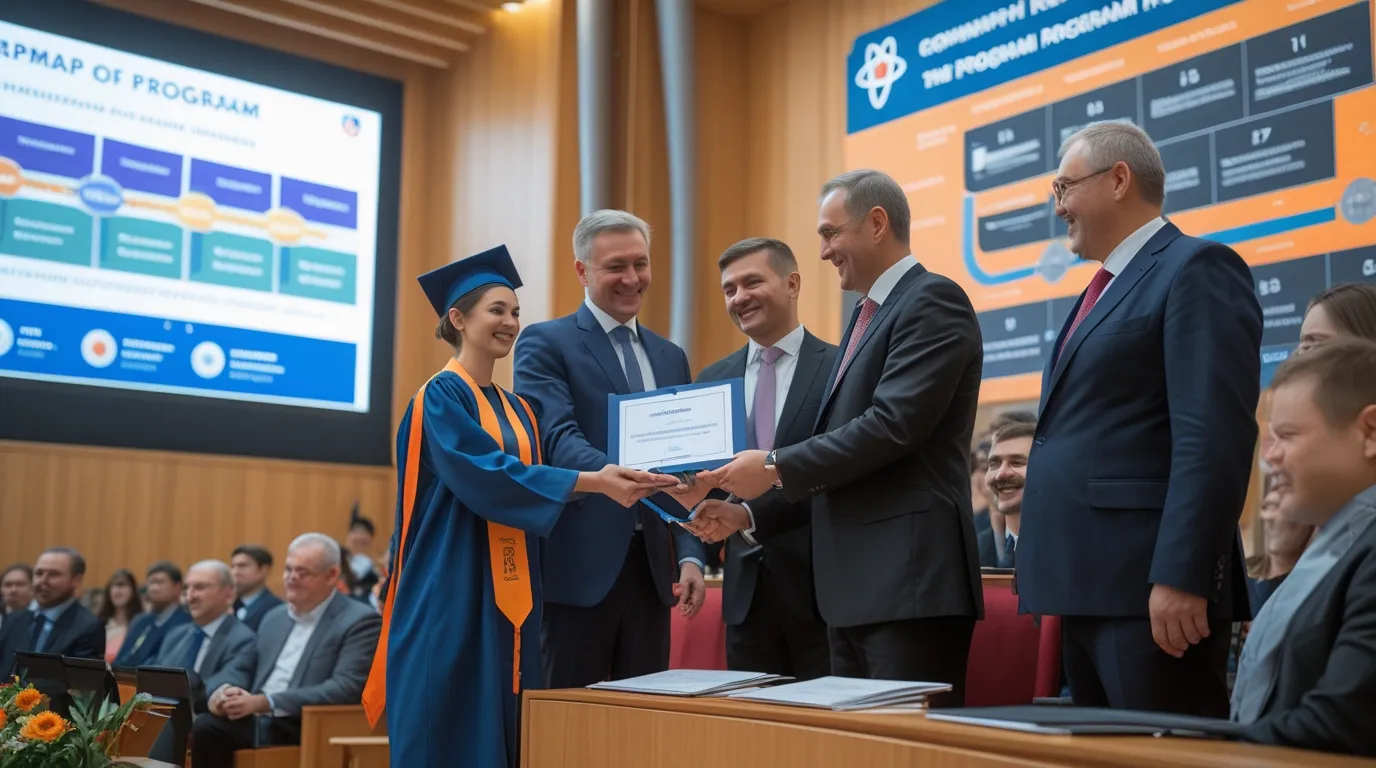
What Comes Next
Following the successful pilot phase, the program will become a permanent part of Rosatom’s professional development curriculum starting in 2026. Courses will be held both at the Proryv base in Sirius and at other Technical Academy facilities across Russia.
Future modules will cover cybersecurity, artificial intelligence integration in robotic control systems, and advanced practical training. This approach will ensure a steady flow of qualified specialists and strengthen Russia’s technological sovereignty in a strategically critical domain.













